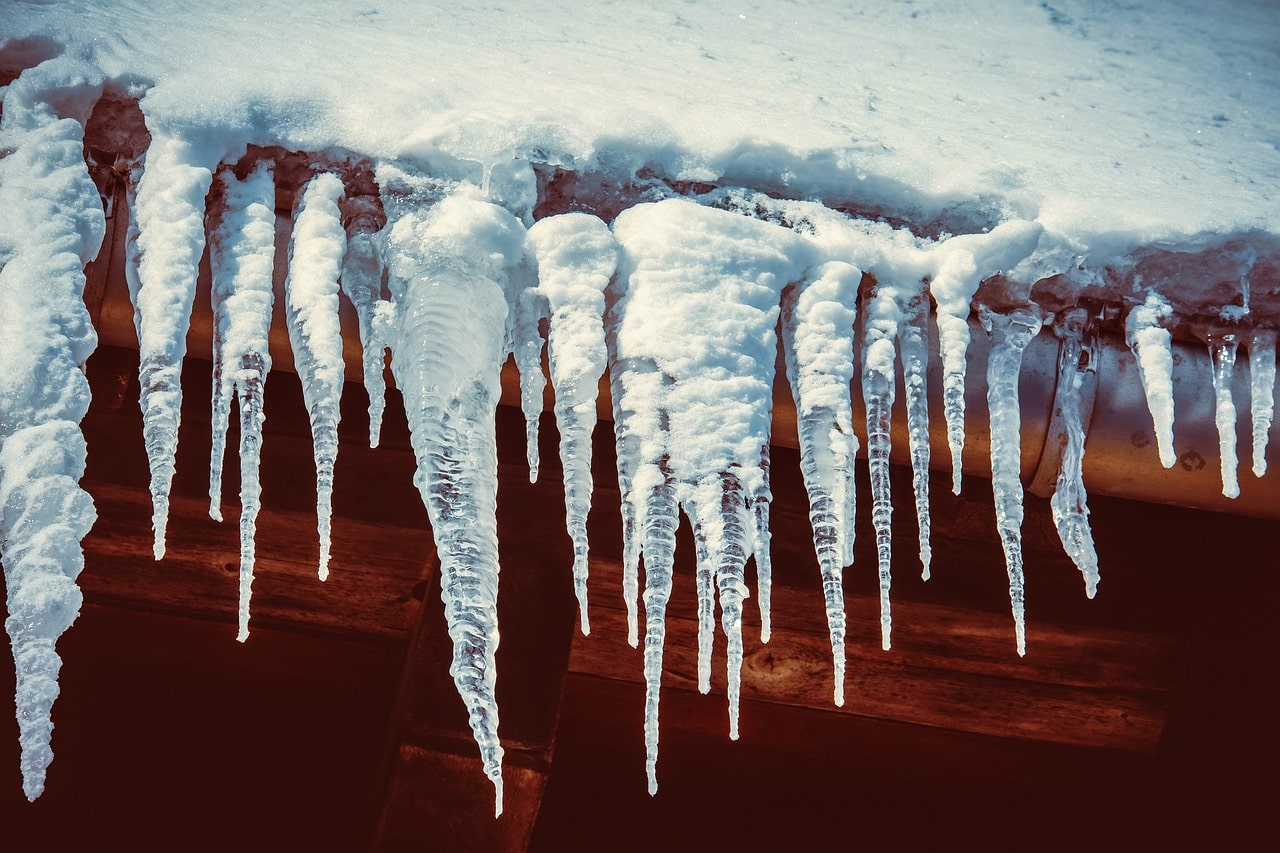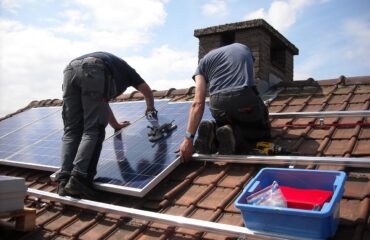We’ve often wondered, do roofers replace roofs in the winter? Well, the answer might surprise you.
Contrary to popular belief, winter roof replacements can offer several benefits. Professionals can ensure a durable and long-lasting roof installation with specialized tools and techniques.
However, there are essential factors to consider and common misconceptions to address.
In this article, we’ll explore the advantages of winter roofing, what to look for when hiring a professional roofer, and dispel any doubts you may have about winter roof replacements.
Benefits of Winter Roof Replacements
We highly recommend replacing roofs in the winter due to its several benefits. One of the significant advantages is cost savings.
Many roofing companies offer discounts or lower prices during winter, as it is considered their off-peak season. This can result in substantial savings for homeowners.
Additionally, winter roof replacements can lead to an extended roof life.
By replacing a worn-out or damaged roof during the winter, you can protect your home from potential leaks and water damage.
A new roof installed in the winter will be ready to withstand the harsh weather conditions of the upcoming seasons, ensuring its longevity. Overall, opting for a winter roof replacement can save you money and give your roof a longer lifespan.
Specialized Tools and Techniques for Winter Roofing
Although it may initially seem challenging, roofers replace roofs in the winter using specialized tools and techniques.
Winter roofing equipment is designed to withstand cold temperatures and adverse weather conditions.
Some essential tools include ice and snow removal equipment, such as roof rakes and snow blowers, to clear the roof before starting work.
Specialized roofing materials, like ice and water shields, provide an extra layer of protection against moisture and ice dams. In addition to equipment, winter roofing safety is of utmost importance.
Roofers take precautions by wearing appropriate clothing and footwear to prevent slips and falls on icy surfaces. They also use safety harnesses and ladders explicitly designed for winter conditions.
These specialized tools and techniques enable roofers to replace roofs efficiently and safely during winter.
Factors to Consider for Winter Roof Replacements
When considering winter roof replacements, it is crucial to consider factors such as the condition of the existing roof and the potential challenges posed by cold weather and snowfall.
Here are some key factors to consider:
– Condition of the existing roof: Before proceeding with a winter roof replacement, it is crucial to assess the current roof’s condition. If the roof is already experiencing significant issues, such as leaks or structural damage, it may be necessary to prioritize the replacement, regardless of the season.
– Weather conditions: Winter weather can present challenges for roof replacements. Snowfall, ice, and freezing temperatures can impact the installation process and affect the quality of the new roof. Working with experienced roofers who understand how to navigate these weather conditions is essential.
– Cost implications: Winter roof replacements may come with additional costs. Factors such as the need for extra labor, specialized equipment, and protective measures against the cold weather can increase the overall project cost. It is essential to consider these cost implications when planning a winter roof replacement project.
Common Misconceptions About Winter Roofing
One common misconception about winter roofing is that roofers do not replace roofs during this season.
However, this is only partially true. While winter roofing presents some challenges, replacing roofs in colder temperatures is still possible.
One of the central myths about winter roof replacements is that the materials will not adhere properly in cold weather.
Modern roofing materials are designed to withstand temperature variations and can be installed successfully during the winter months. Another myth is that the roofing process will take longer in winter.
While additional precautions and adjustments may be needed, experienced roofers can efficiently complete the job even in colder conditions.
It is essential to consult with a professional roofer who understands the specific challenges and requirements of winter roofing to ensure a successful roof replacement project.
Tips for Hiring a Professional Roofer in the Winter
As we continue our discussion on winter roofing, let’s focus on some helpful tips for hiring a professional roofer during this season.
When it comes to hiring a roofer in the winter, there are a few essential considerations to keep in mind:
Cost considerations:
– Get multiple quotes: Reach out to several roofing companies to compare prices and services.
– Ask about winter discounts: Some roofers offer special deals during winter.
– Inquire about financing options: If the cost is a concern, ask if the roofer offers financing plans.
Hiring process:
– Check credentials: Ensure the roofer is licensed, insured, and experienced in winter roofing.
– Request references: Contact past clients to gauge their satisfaction with the roofer’s work.
– Review the contract: Carefully read and understand the terms and conditions before signing.





